Here’s why flooring matters when selling your home:
It’s always beneficial to create a good first impression: Marks, dents and stains on the floor are a sign of a poorly taken care of home that may discourage buyers who may be thinking that there are other problems in the home.
Buyer Negotiations: If the floors are damaged, buyers may include the cost of repair in their offer, and try to get a lower price or ask you to fix the floors before the final negotiation.
Attract Customers: Most of the buyers want to purchase a home that is ready to use, and while some will tolerate some level of wear and tear, others will not be interested in buying a home with damaged floors.
This section below highlights the different types of floor damage and their effects: This is especially so for hardwood floors that get marks from traffic or other objects. It is not only a question of age, some marks can be quite unsightly especially in highly trafficked areas such as the hall or living room. From having bulky furniture or objects falling on the floor, dents are quite difficult to remove and can leave a permanent mark especially on floors made of wood or laminate. This includes fading, which is a sign of exposure to sunlight, spills or normal wear on the wood, carpet or vinyl floors. Some of the other stains include; pet accidents, spills, or stains, which are quite stubborn to remove especially on the carpet or stone pavements. All of these can affect a potential buyer’s perception of your home’s value, but the good news is that most floor damage can be repaired or addressed.
How to Fix Damaged Floors Before Selling
It is therefore possible to fix or address most of the floor problems that your property may have before it is listed for sale. Here are some actionable solutions:
- Professional Floor Repair If the damage is severe—like deep scratches, dents, or discoloration—think about seeking the help of a professional. Sanding and refinishing of hardwood floors is also possible, and cleaning or patching up of carpet is also possible. Some damaged tiles can be replaced without having to replace the entire floor if you have tile floors.
- DIY Solutions To hide minor scratches or scuffs, you can buy some touch up kits that are readily available in the market. Such kits come with wax or putty to fix small scratches and special cleaners to help bring back the shine of your floors. For hardwood floors, you should use a matching stain or a touch up marker to cover any flaws. For carpet, there is a carpet patching kit that can be used to fix small sections of carpet that is worn or stained.
- Floor Protection Products To avoid causing more damage while you are getting your house ready for sale, you should use things like felt pads to place on the furniture or castor cups for heavy furniture. These can help avoid marks and dents that may be made during the showings or open houses. For vinyl or tile floors, you should place area rugs in the high traffic areas so as not to expose the floor while still showing the floor below.
- Refinish or Replace Flooring if Necessary If the floor is too damaged to repair effectively, you may want to consider refinishing or replacing it. Although this can be a more significant investment, it can enhance the appearance and value of your home. New hardwood floor or new laminate floor can be installed to rejuvenate your home and draw in more buyers.
- Reassuring Buyers: You Can Still Sell Your Home If you are concerned with selling your home with less-than-perfect floors, you shouldn’t! There are some buyers who are more interested in the general potential of the home than in the details. You can also put the buyer’s mind at ease by explaining the condition of the floor and if you have fixed or protected it. Also, you can consider to let the buyers pay for the flooring or flooring repair and replacement, or you can ask for a lower price for the property and ask the buyer to include the cost of the new flooring. It is important to remember that most floor damage can be repaired or hidden and does not necessarily have to scare away a potential buyer. On the other hand, homes with good condition or recently restored floors are more valuable and are likely to be sold quickly. It is the buyers’ preference to select a home with new looking floors, clean and in good condition. It can pay off to spend some money on floor repair or protection in the form of a higher offer or fewer buyer negotiations.
- Key Takeaways Do not Ignore the Floors: Floor damage can bring down the value of your home but there is a solution for it. Fix What You Can: Seek the help of a professional for majorly damaged areas and do it yourself for the minor ones. Use Floor Protectors: Felt pads, castor cups and rugs are helpful in preventing further damage during the showings. Clean Floors Are More Valuable: A fresh and clean floor is more attractive to buyers and can lead to a higher selling price. By taking time to fix or protect your floors, you will be helping your home to sell at the best possible price. You may be able to fix or hide the problem with the floors and make a good impression on the potential buyer.

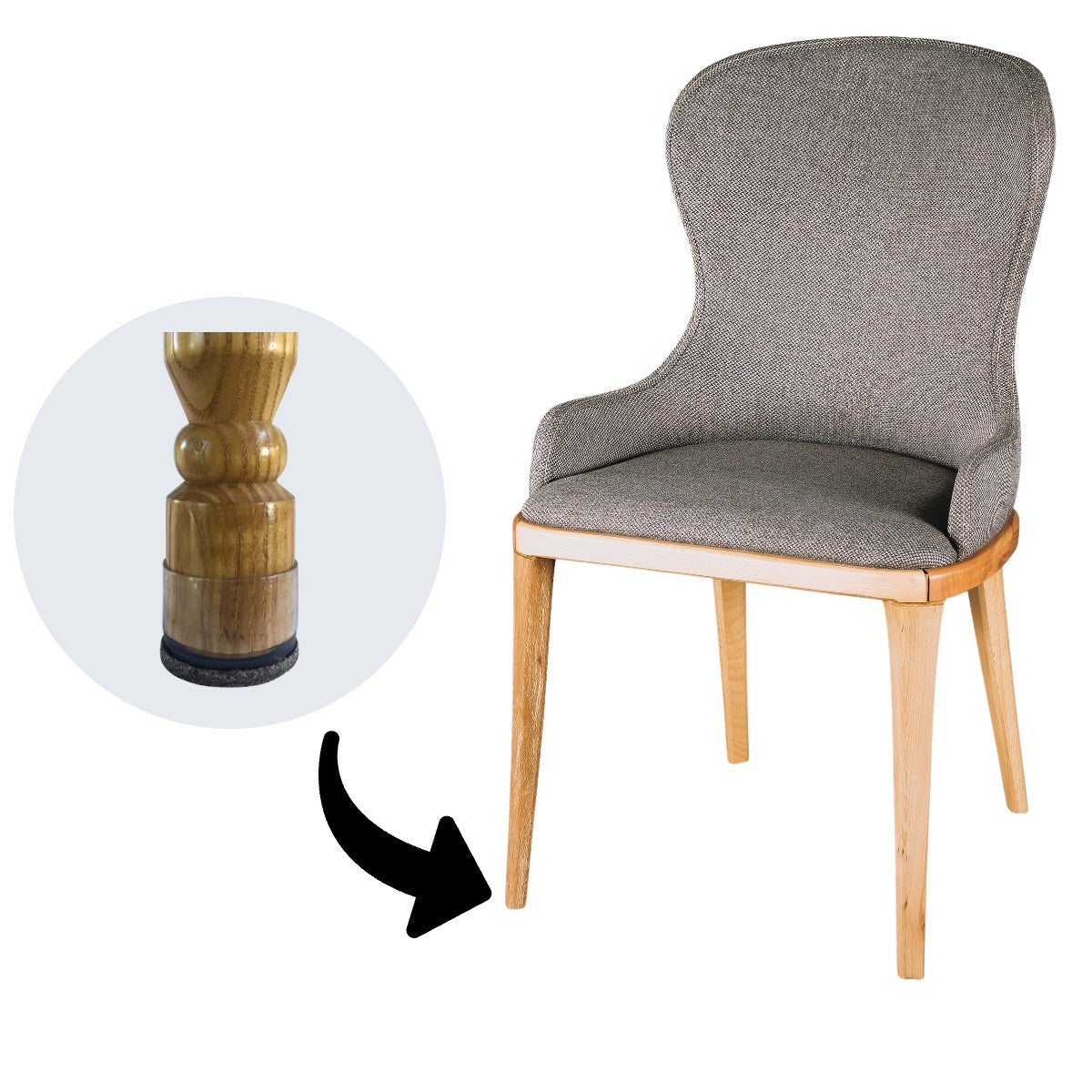



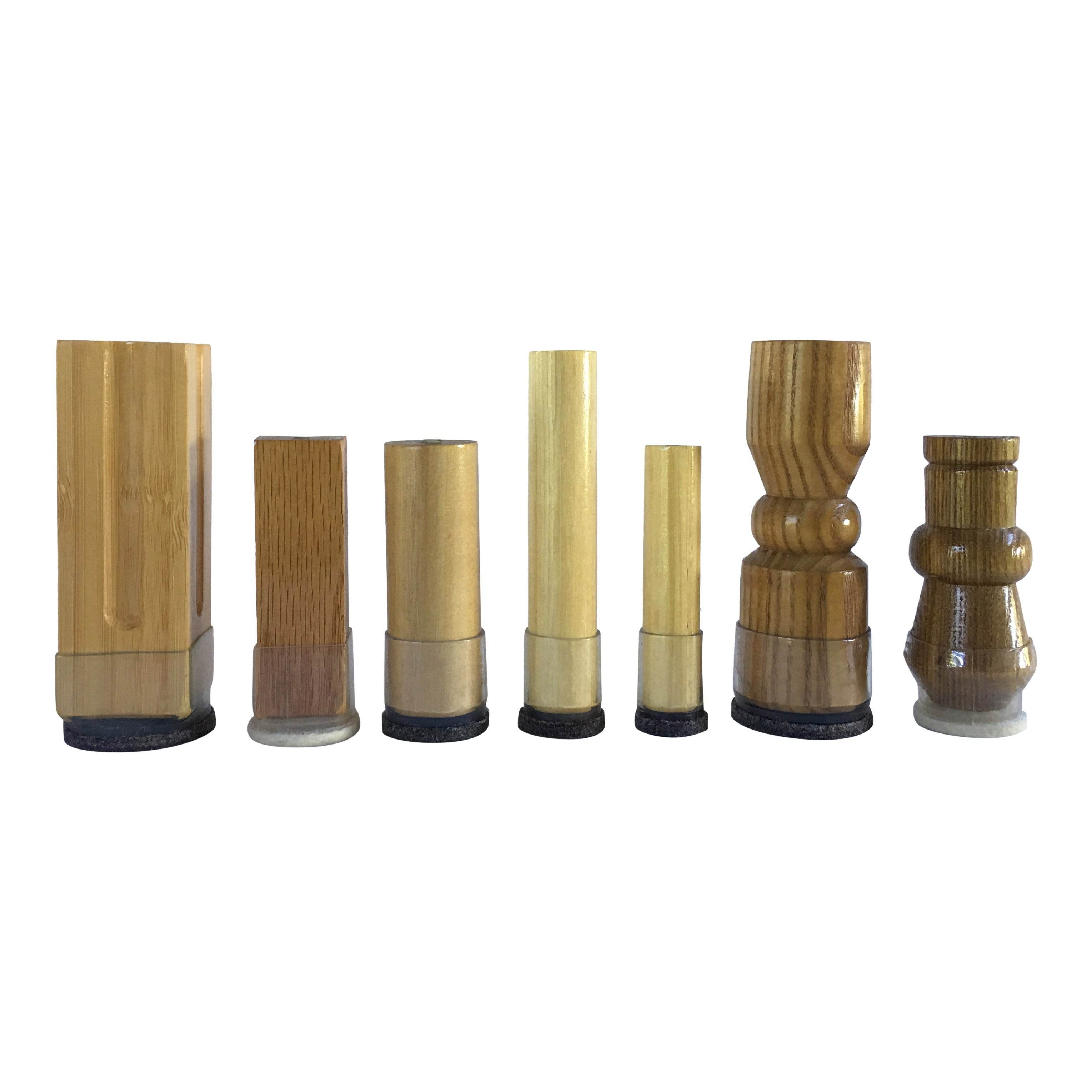
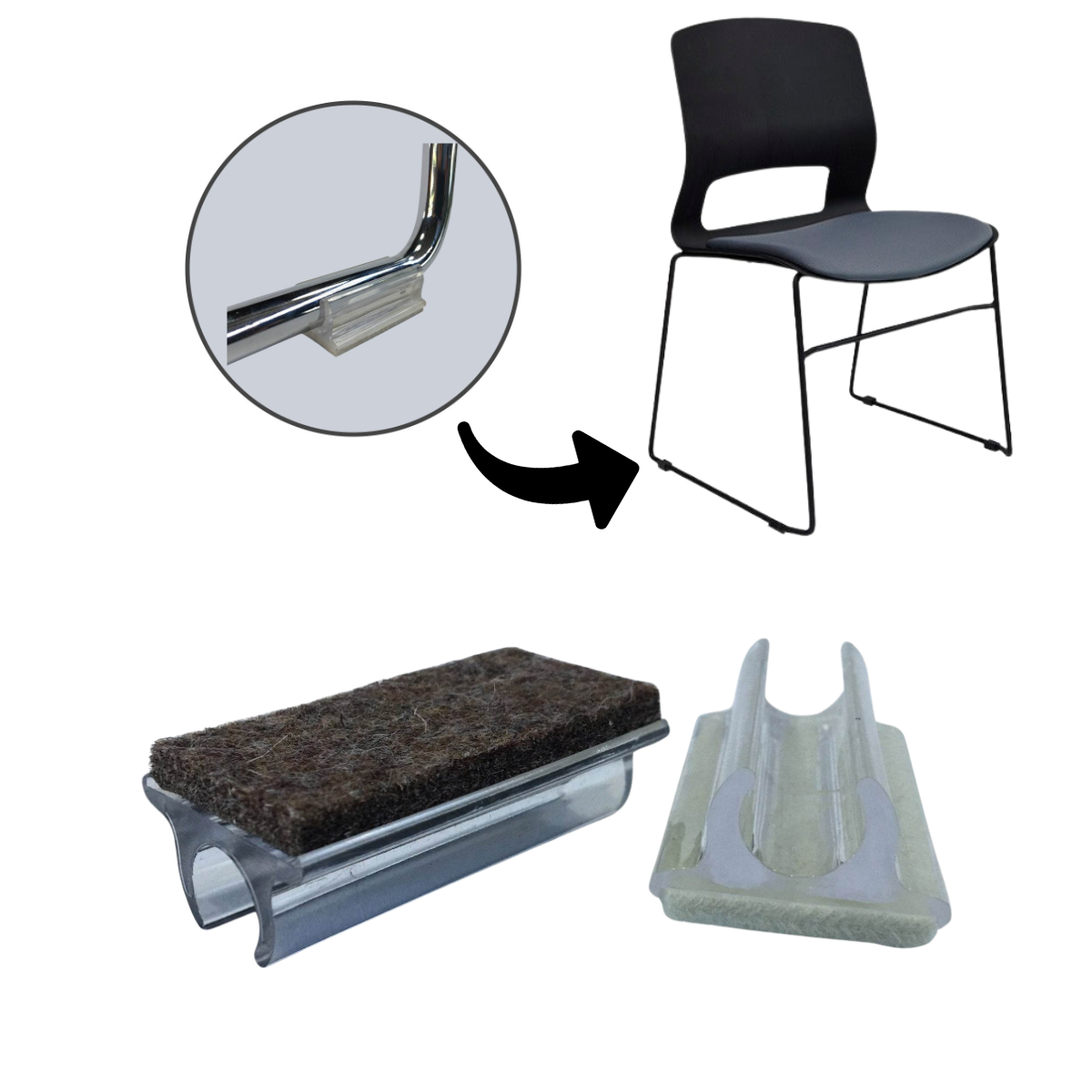
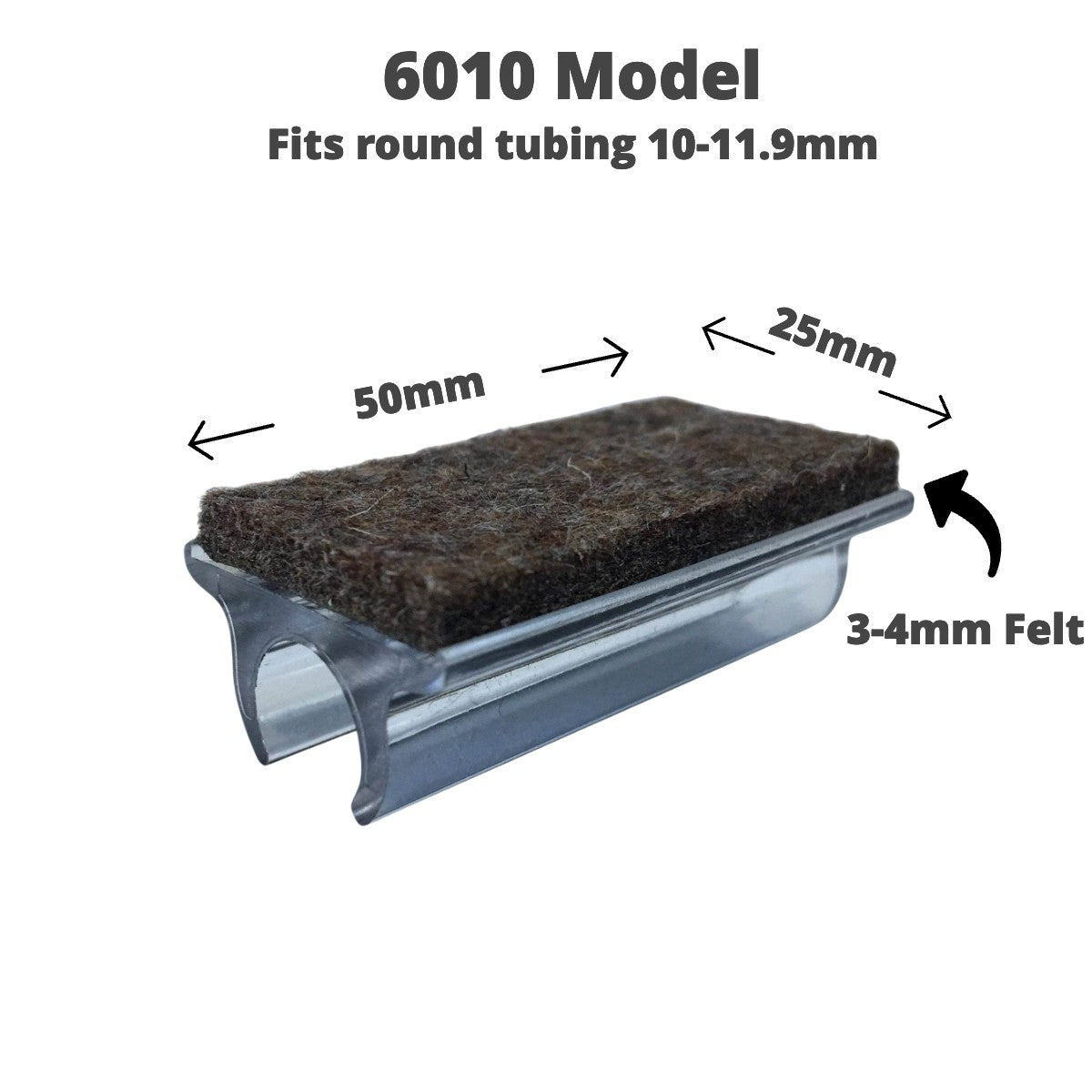
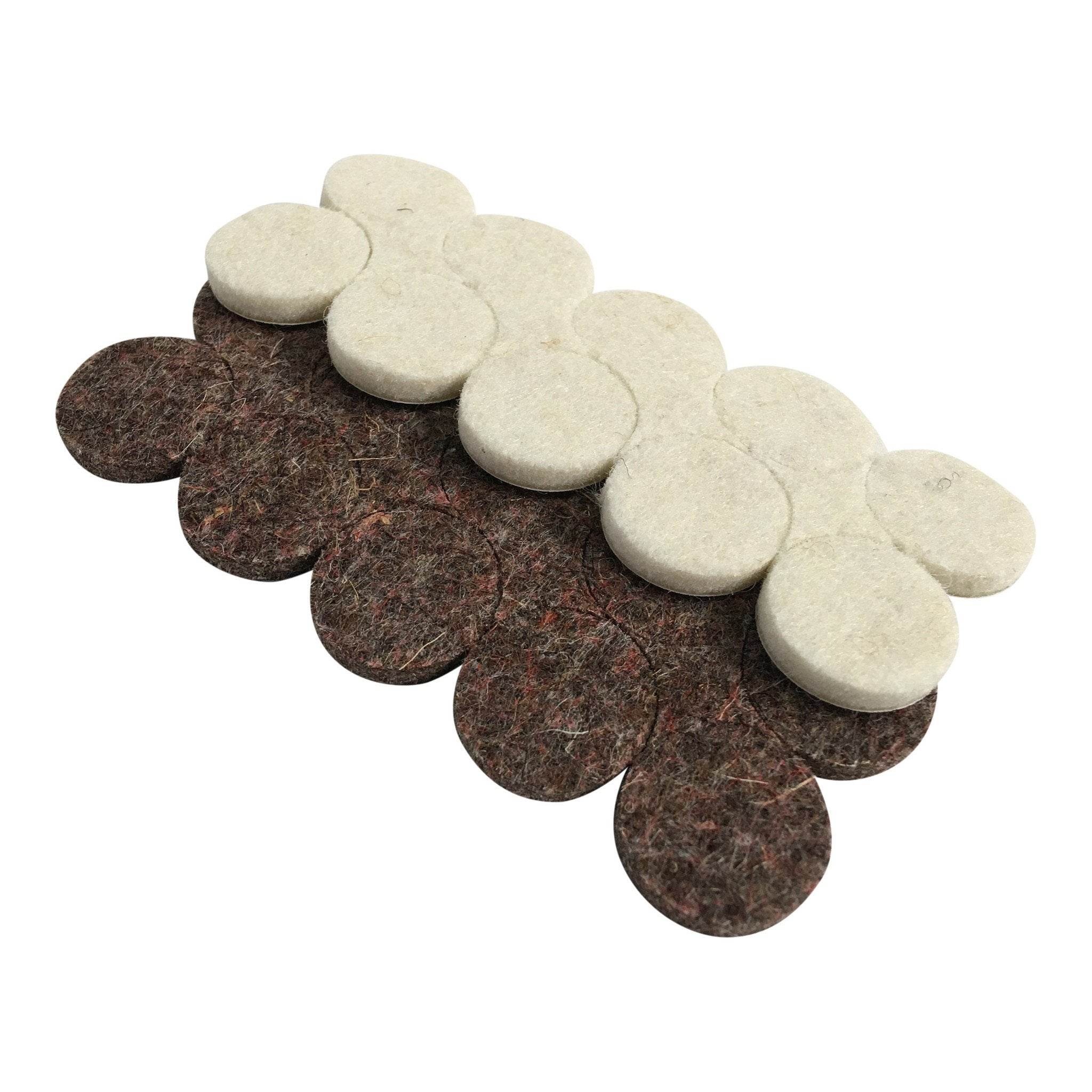
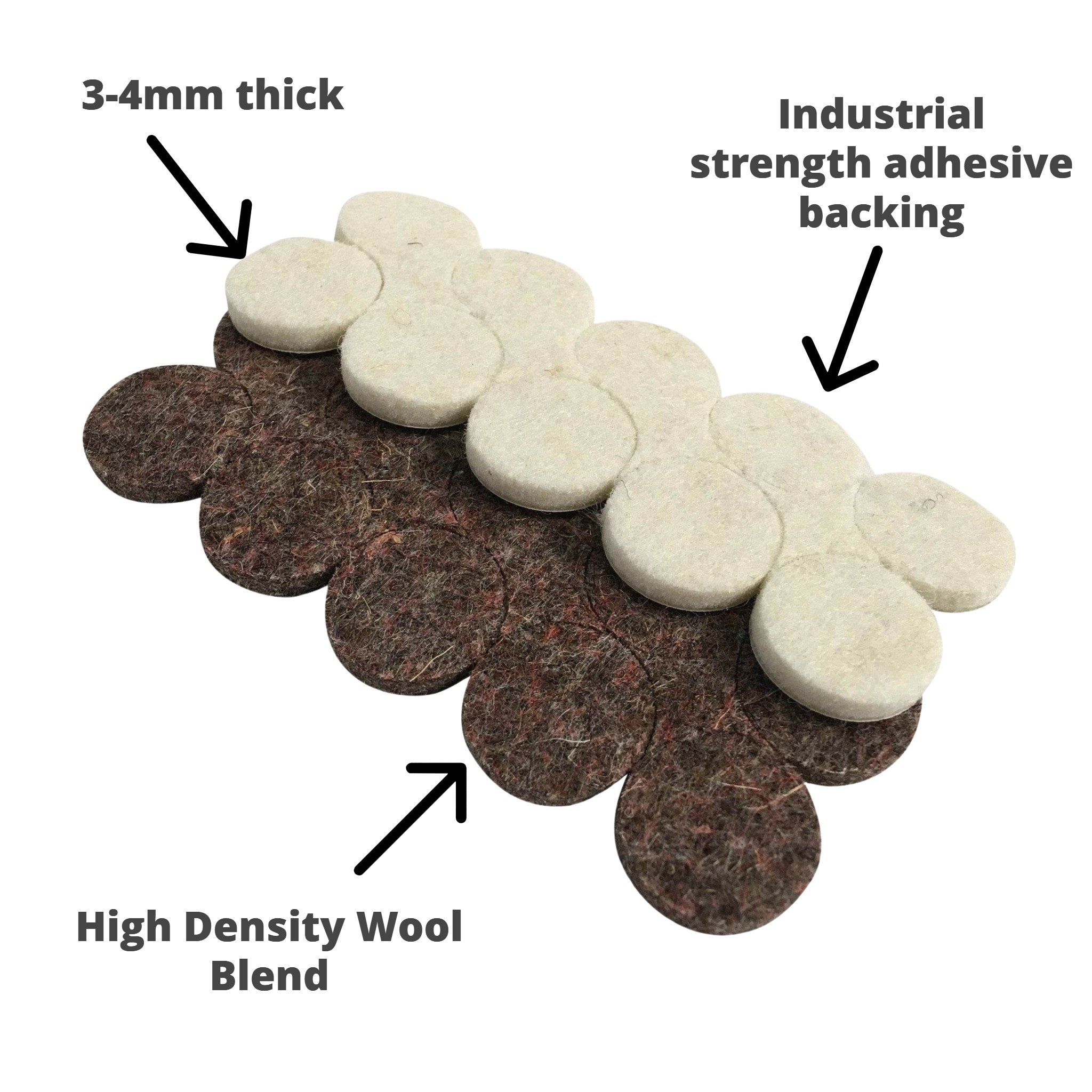
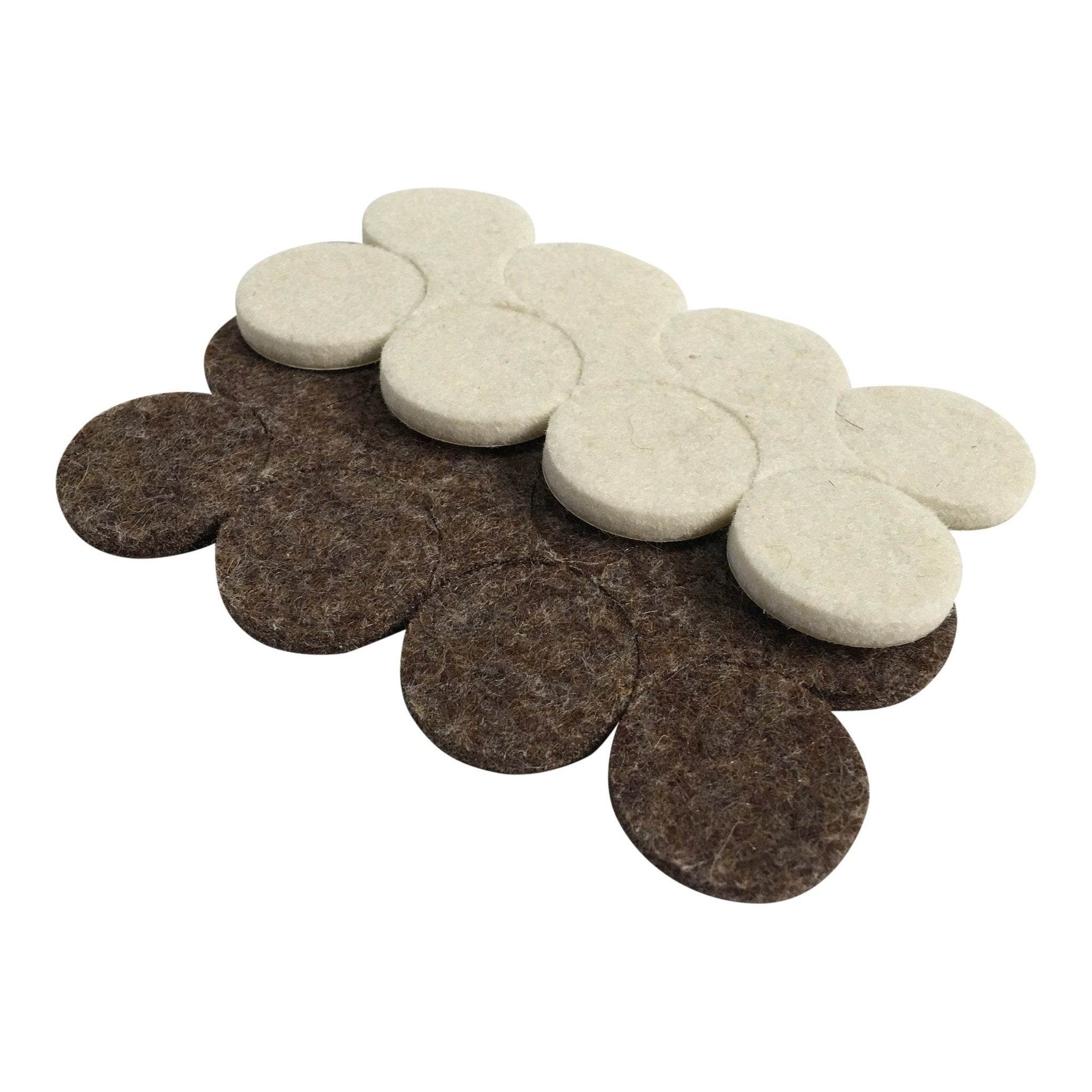
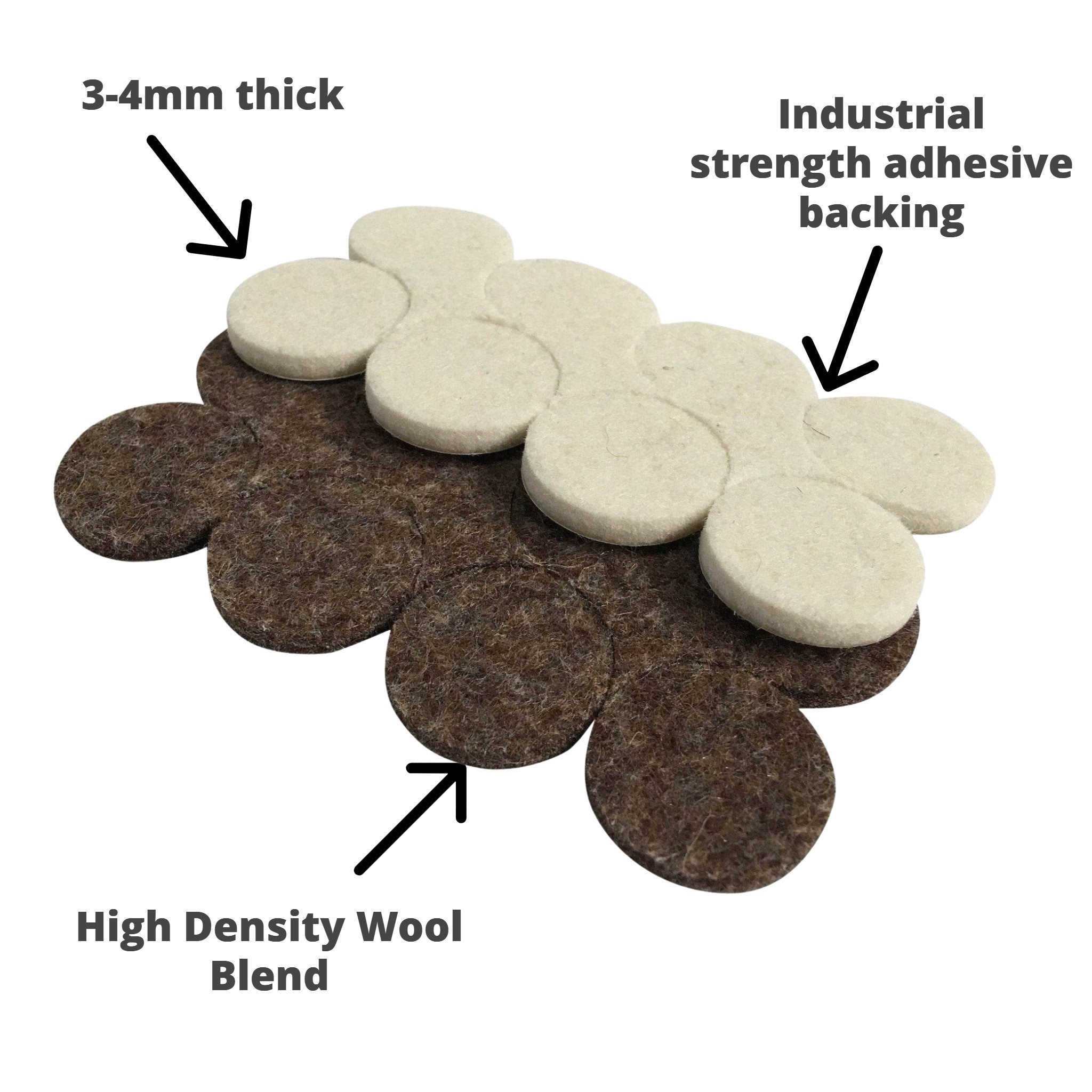
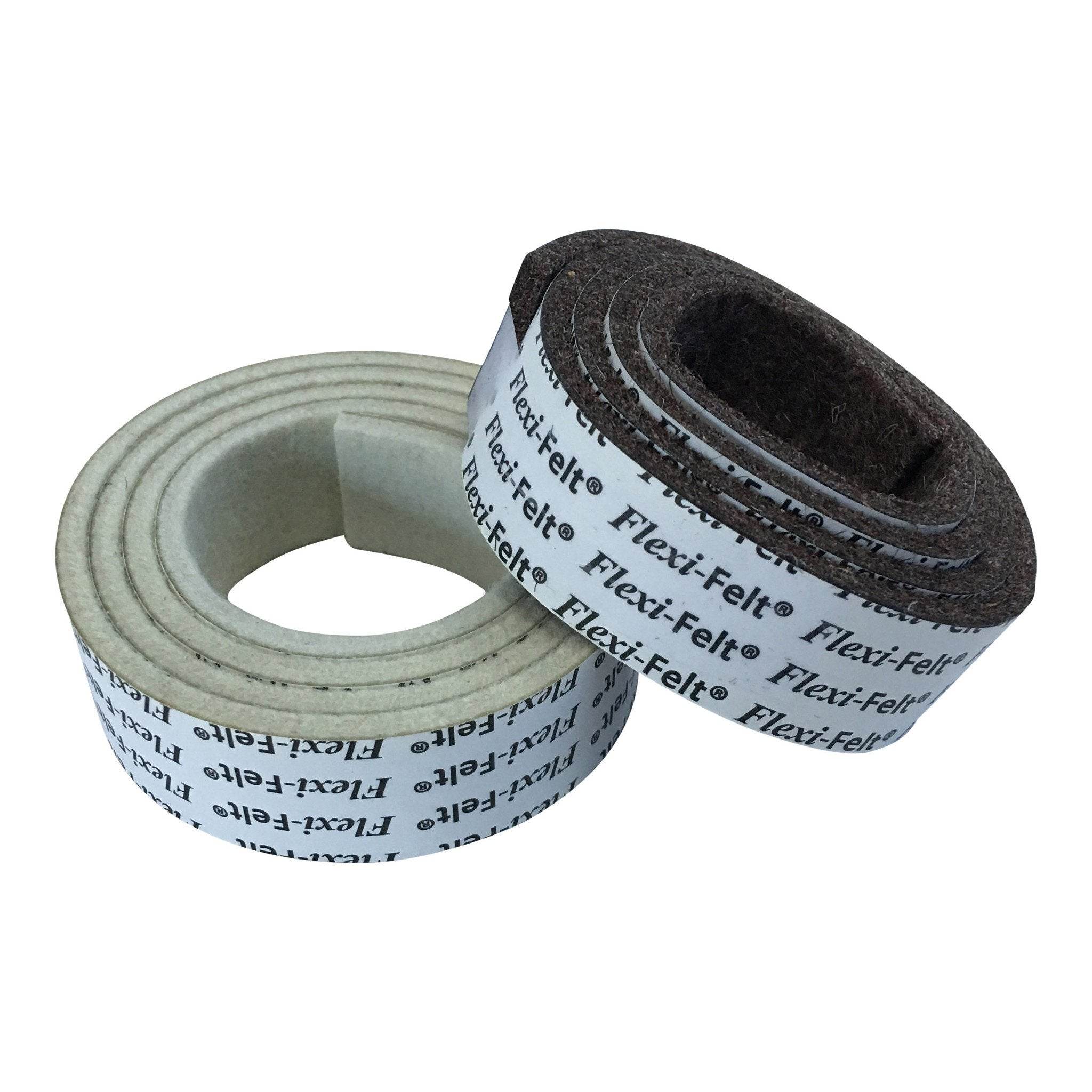
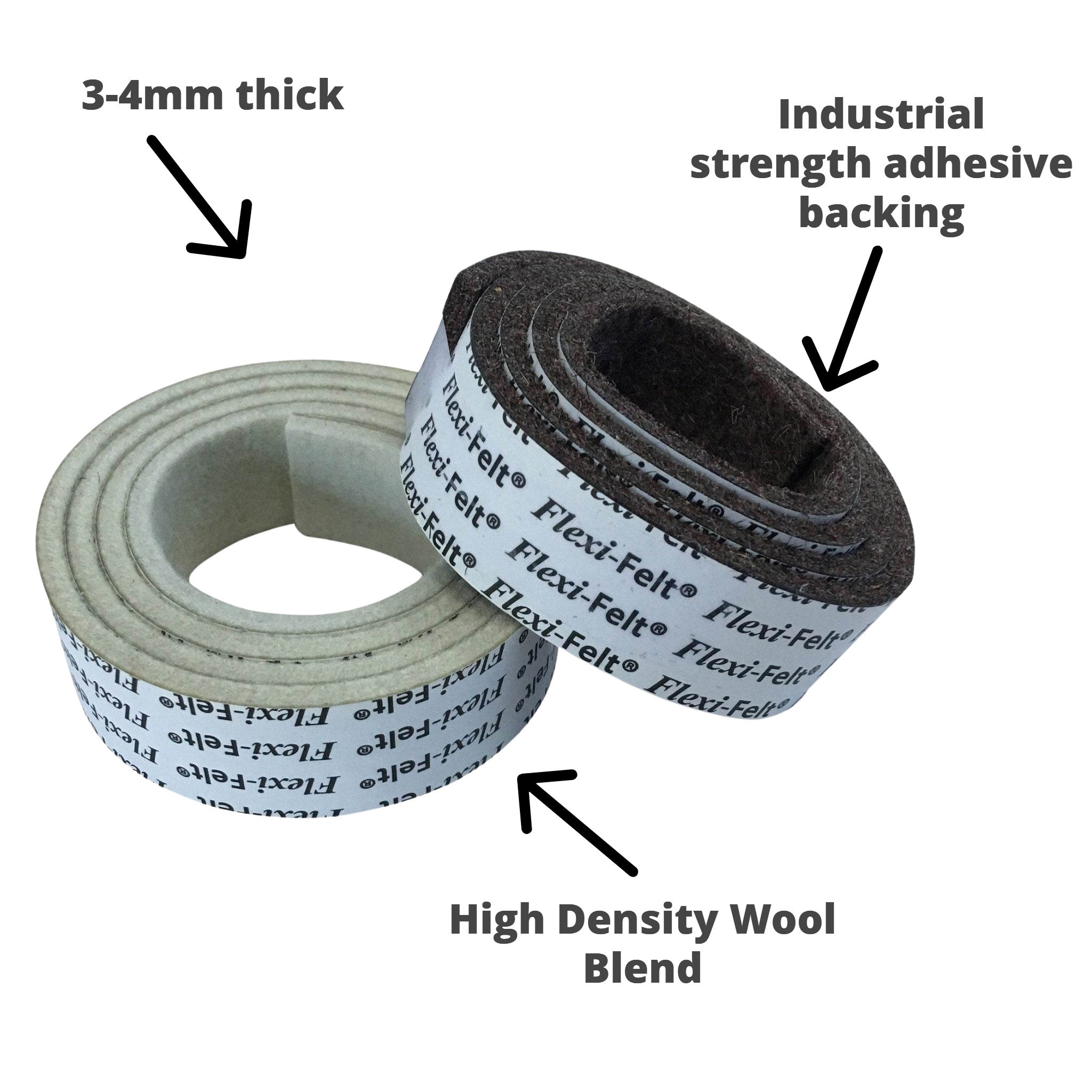
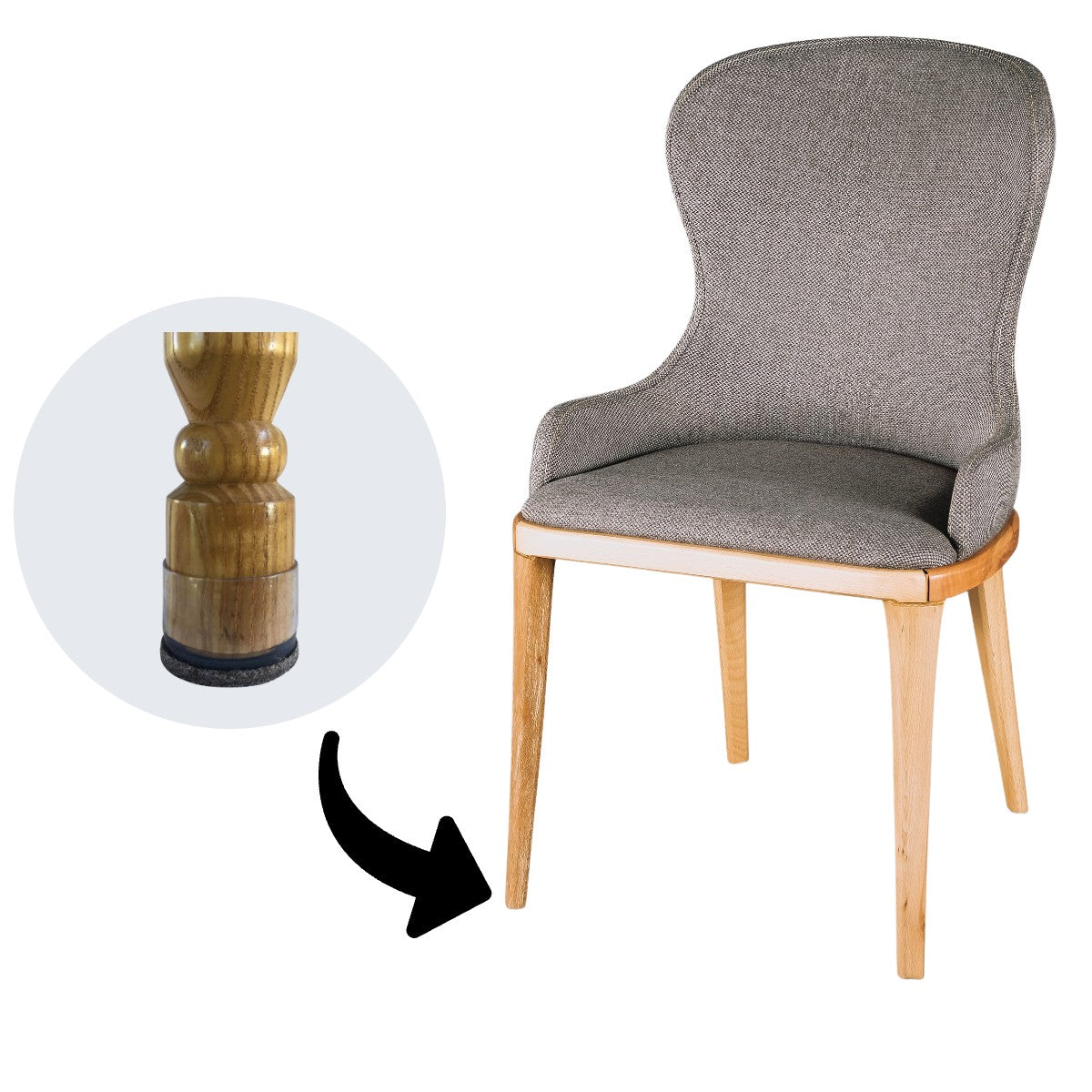
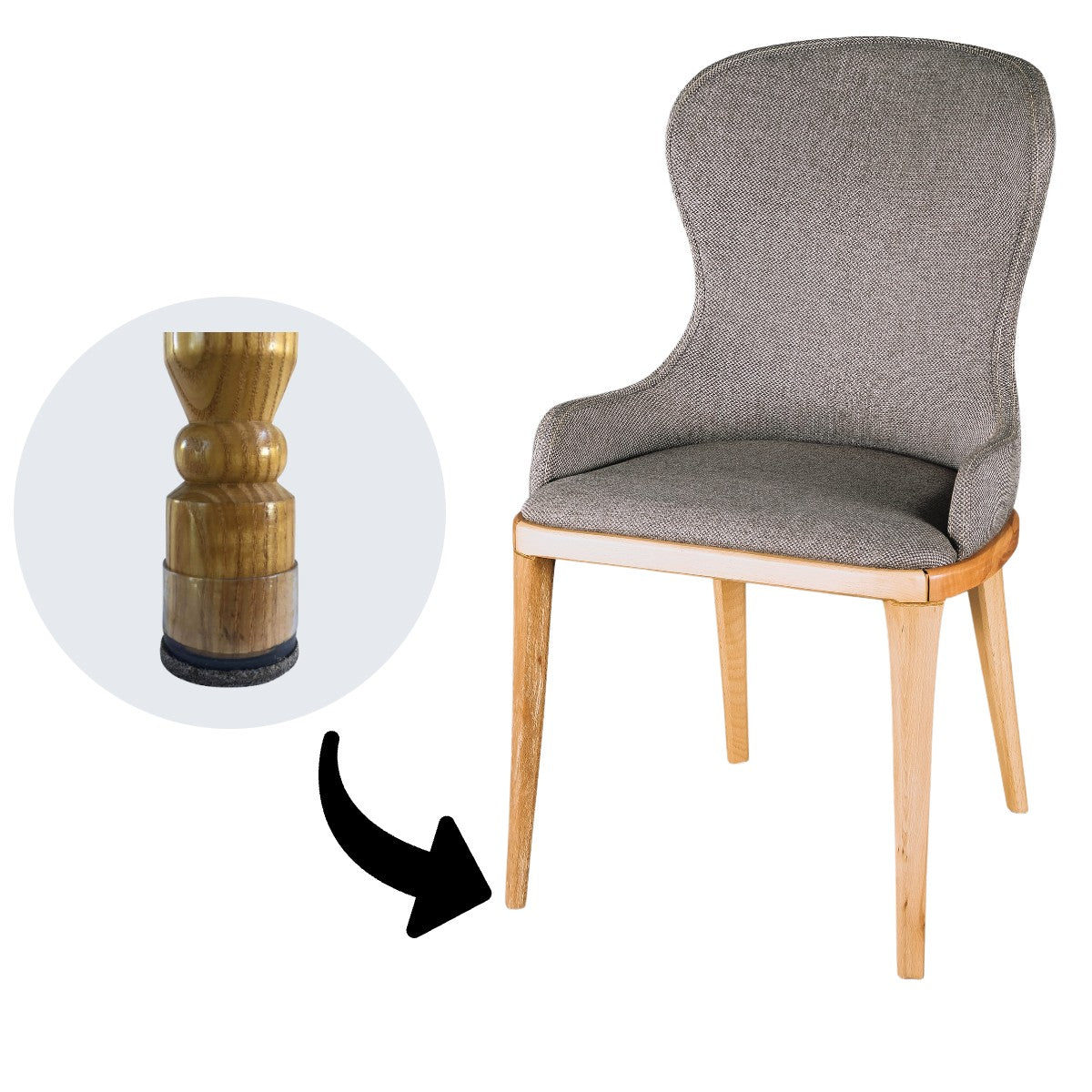
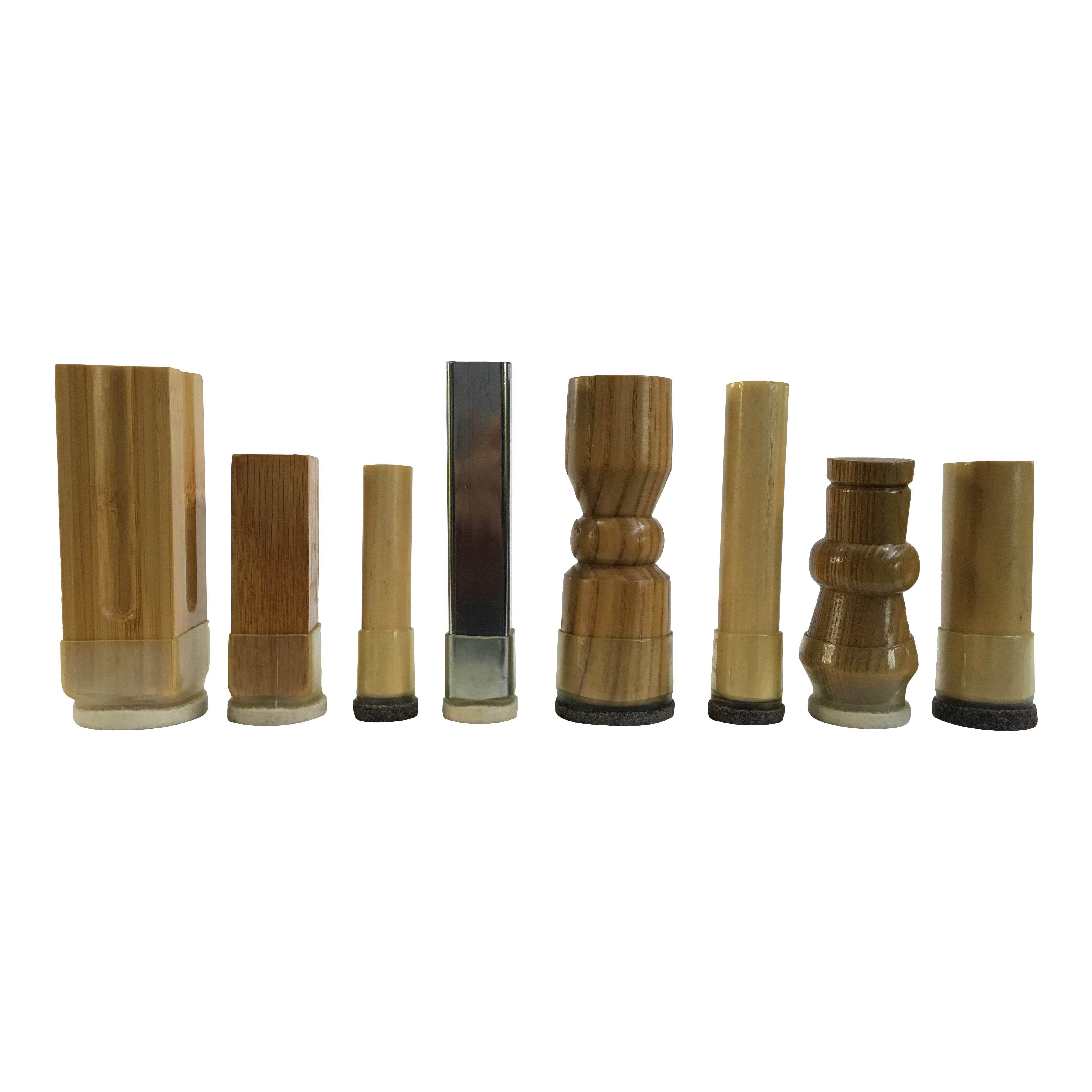
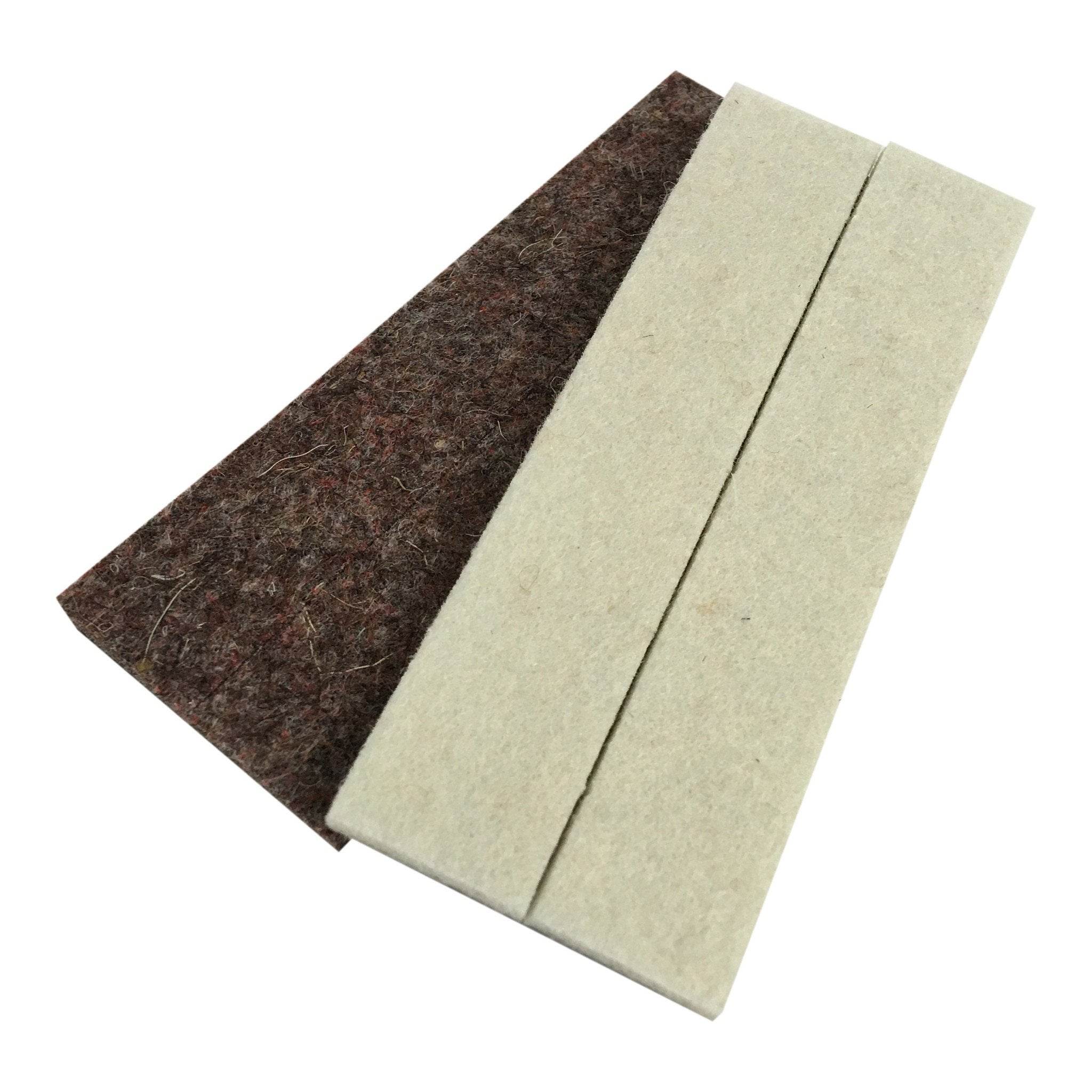
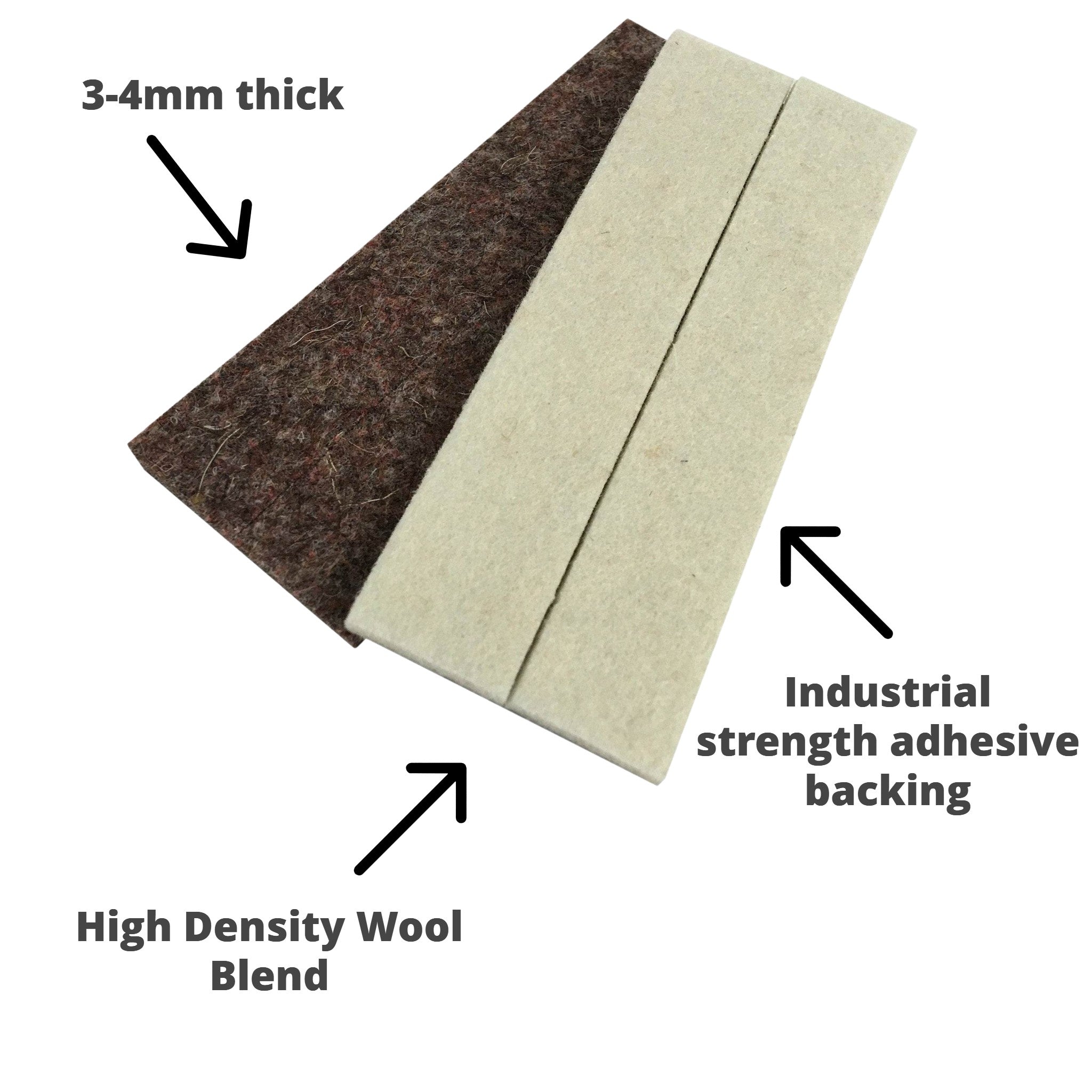
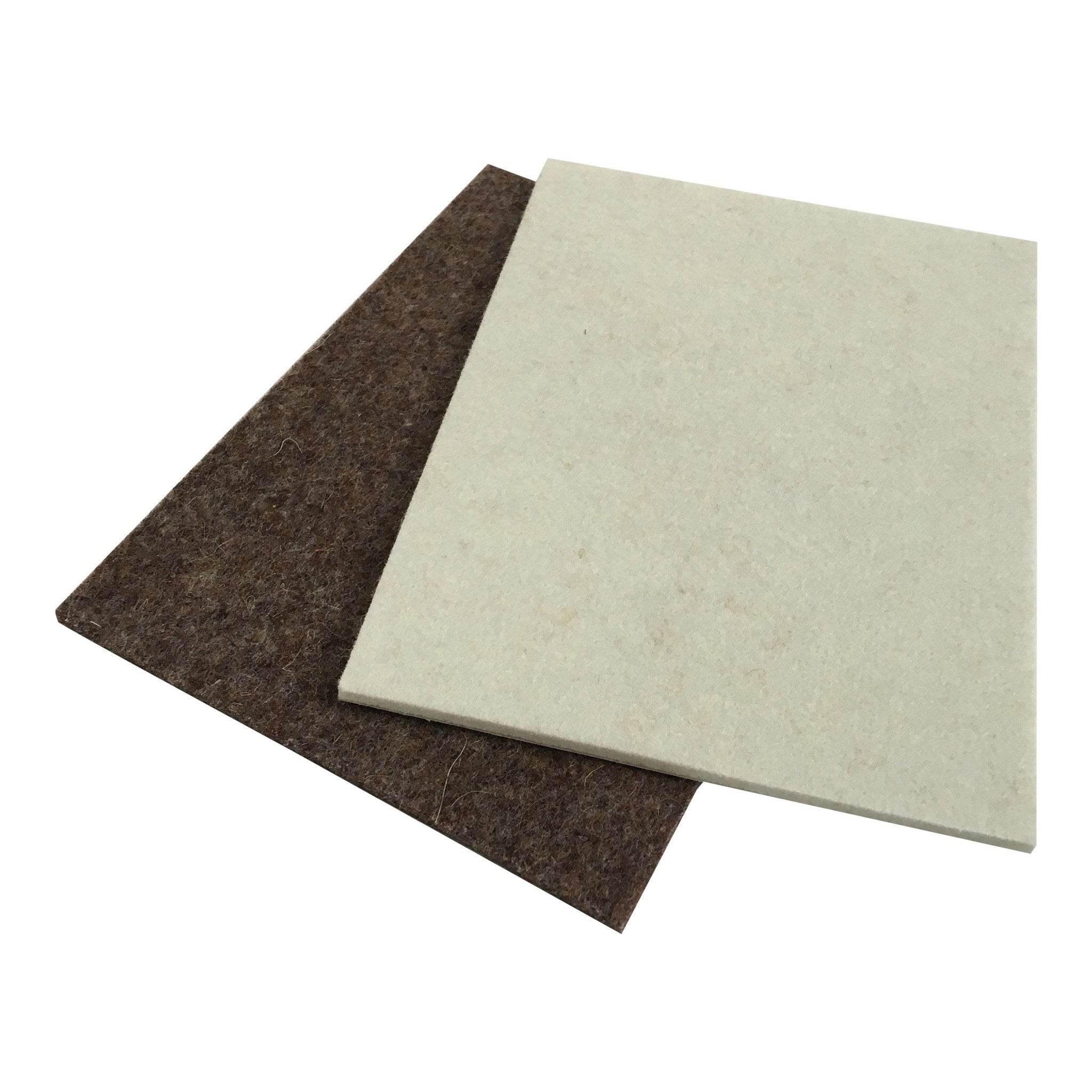
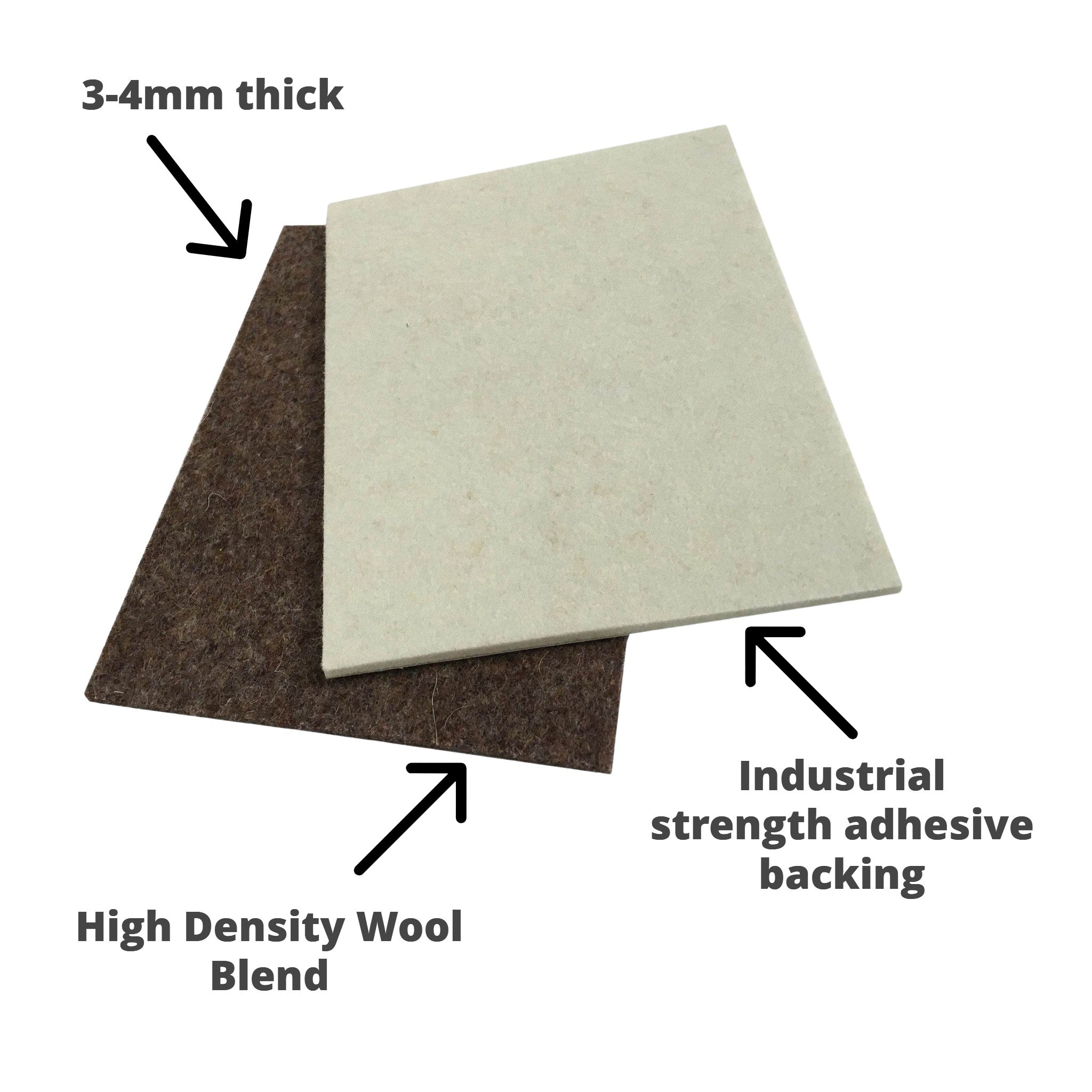
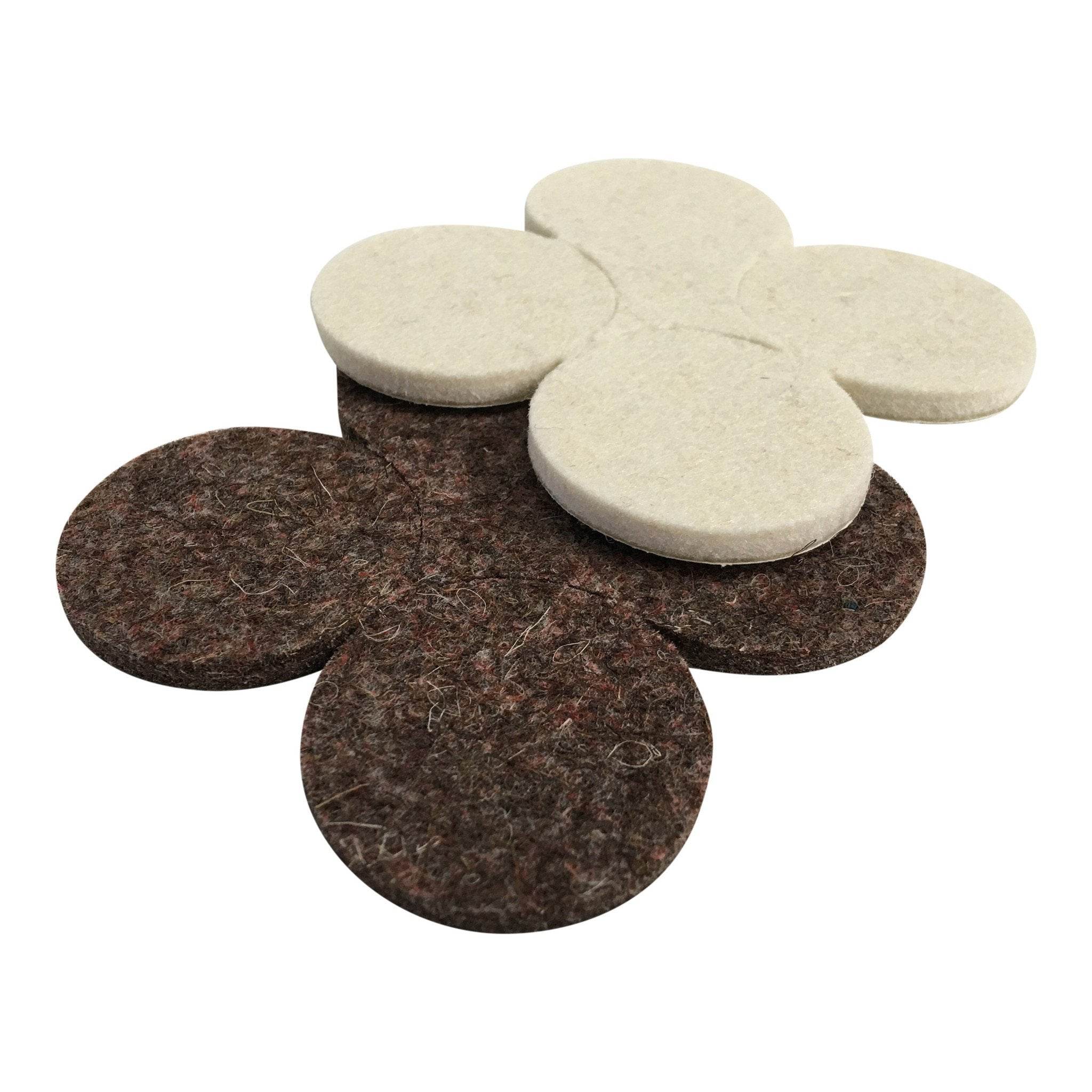
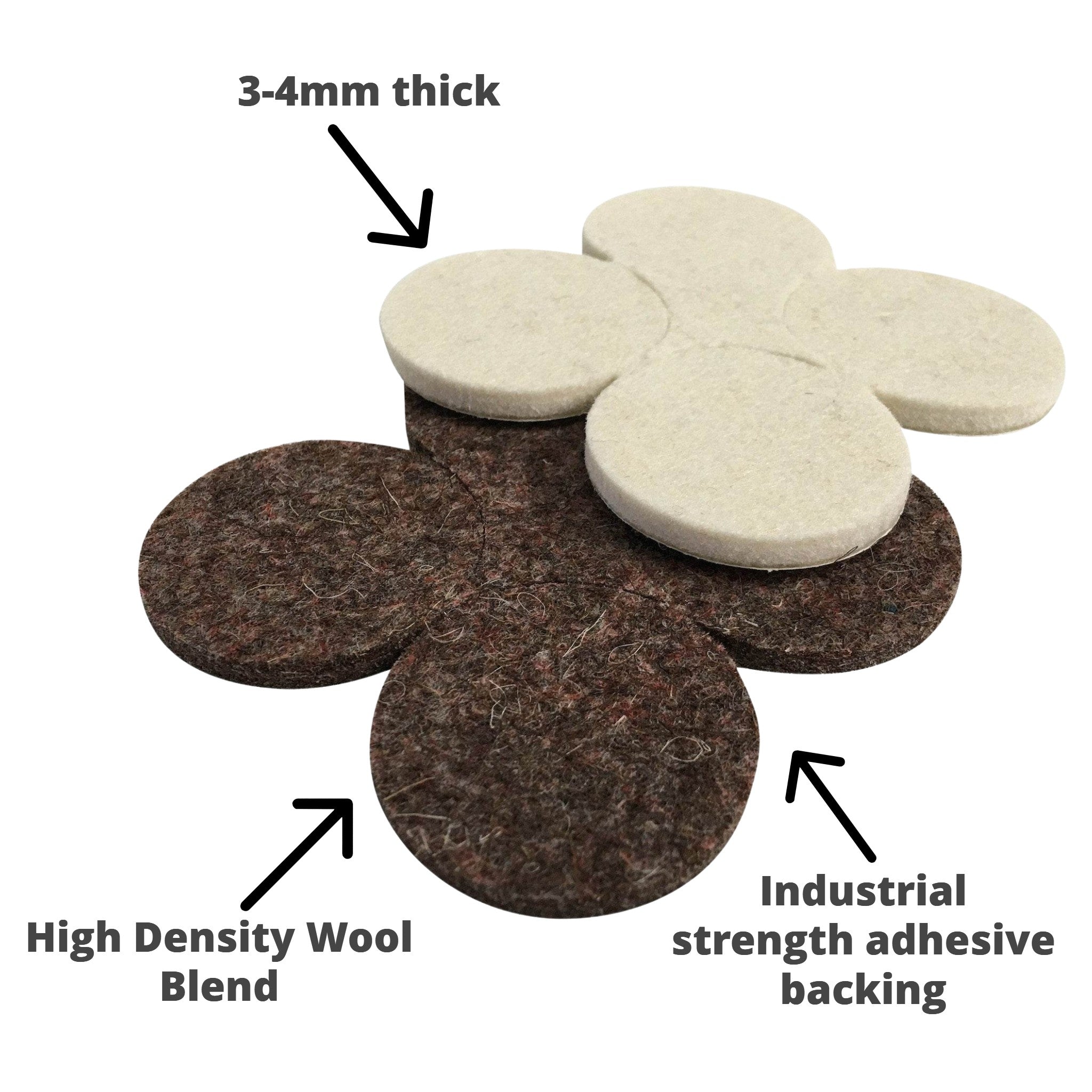
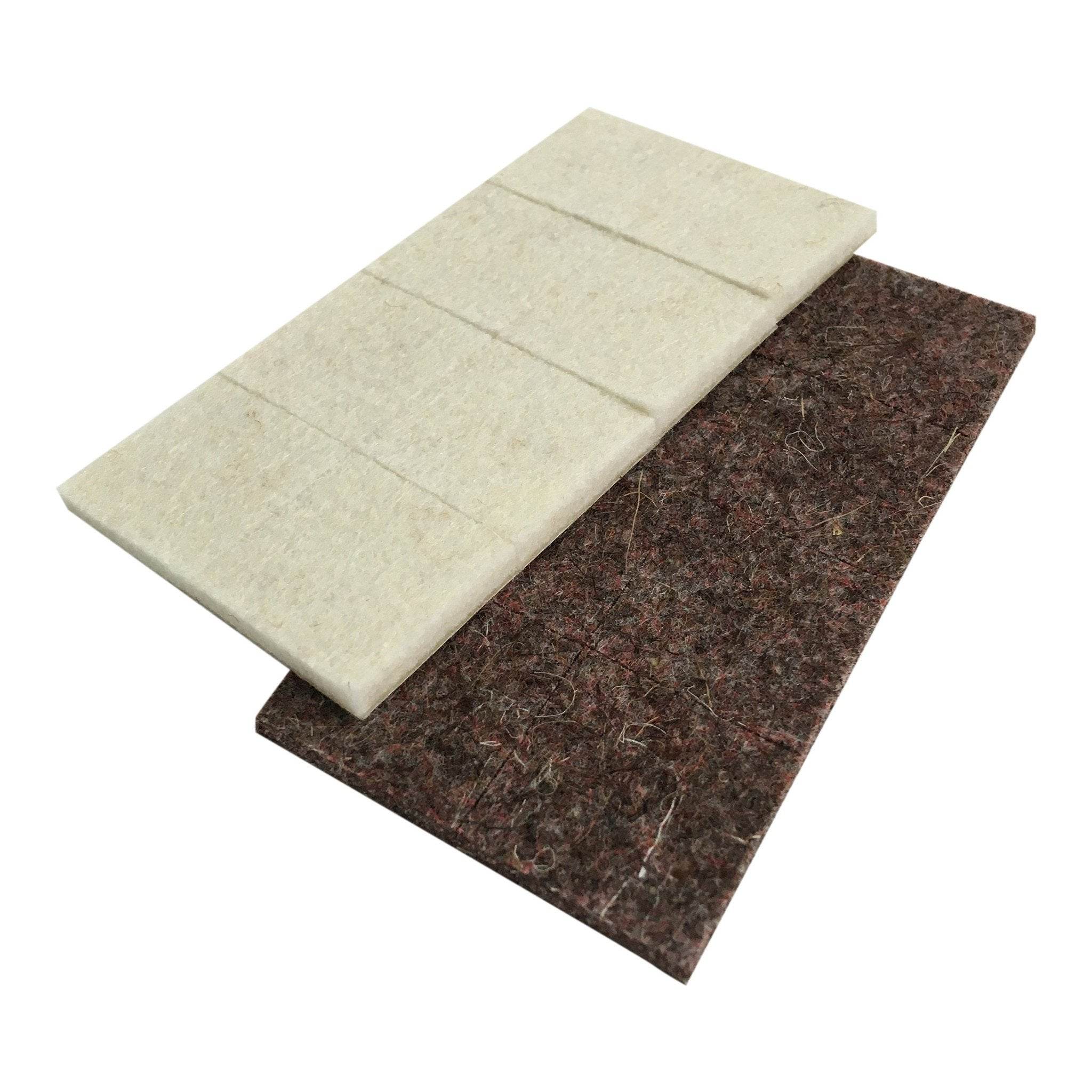
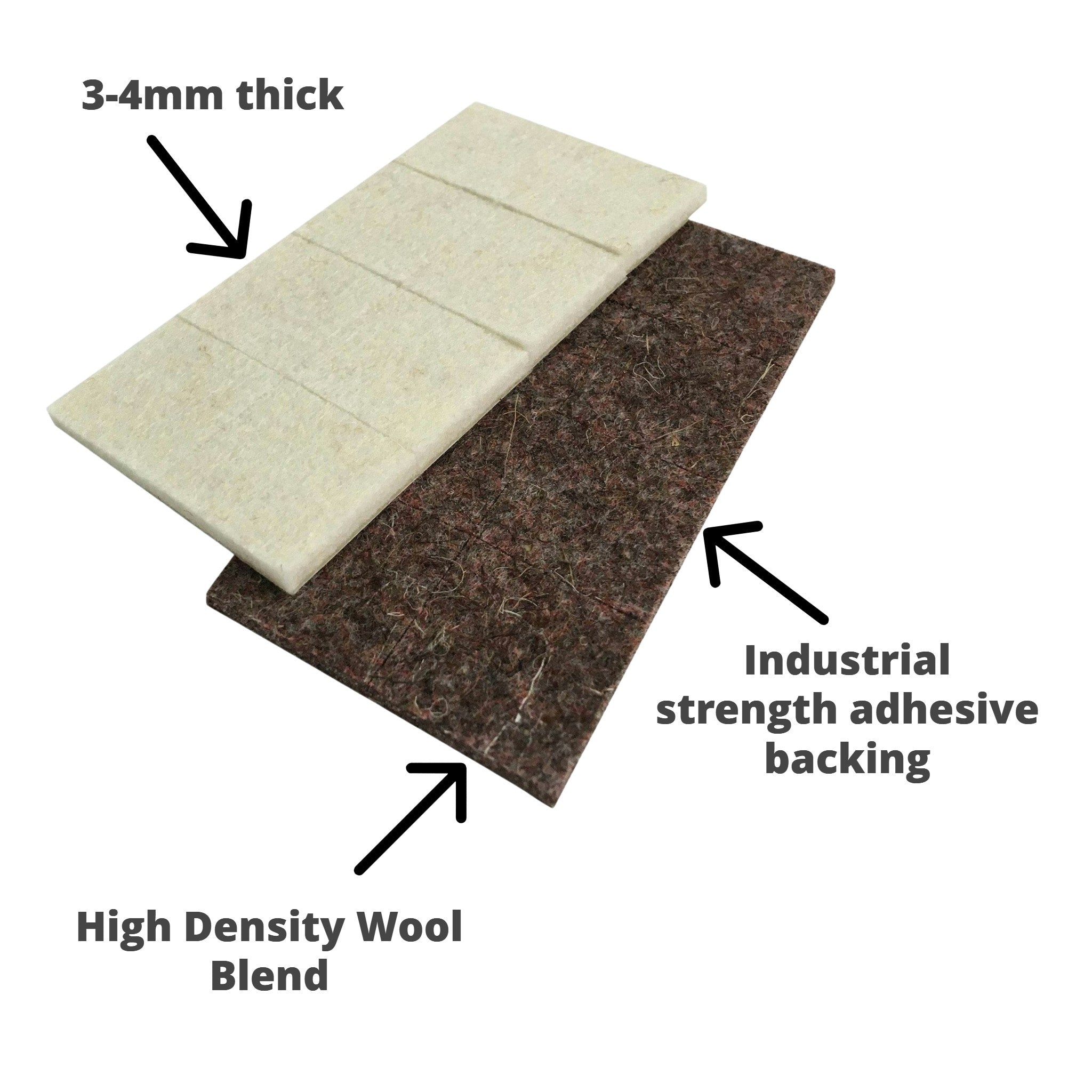
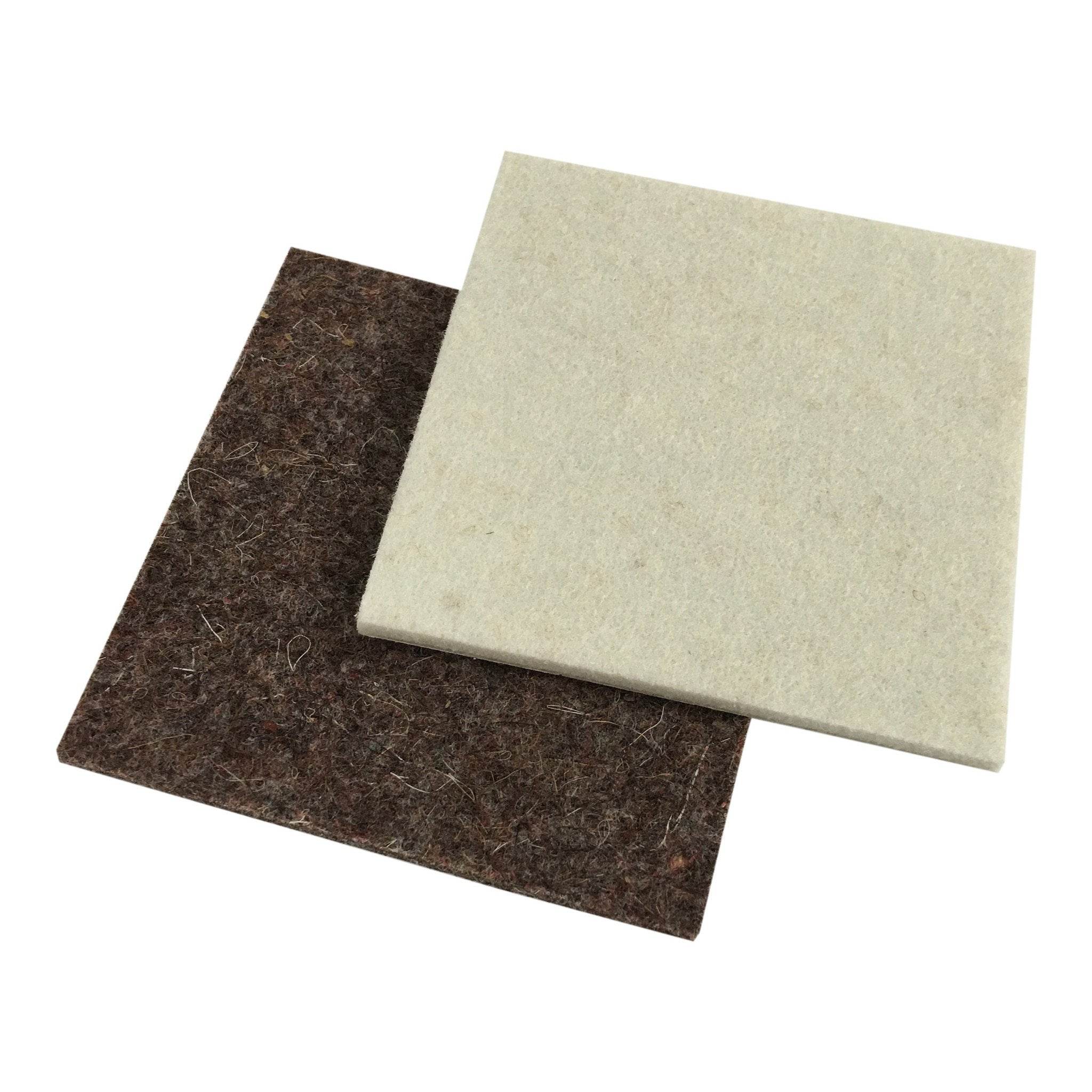
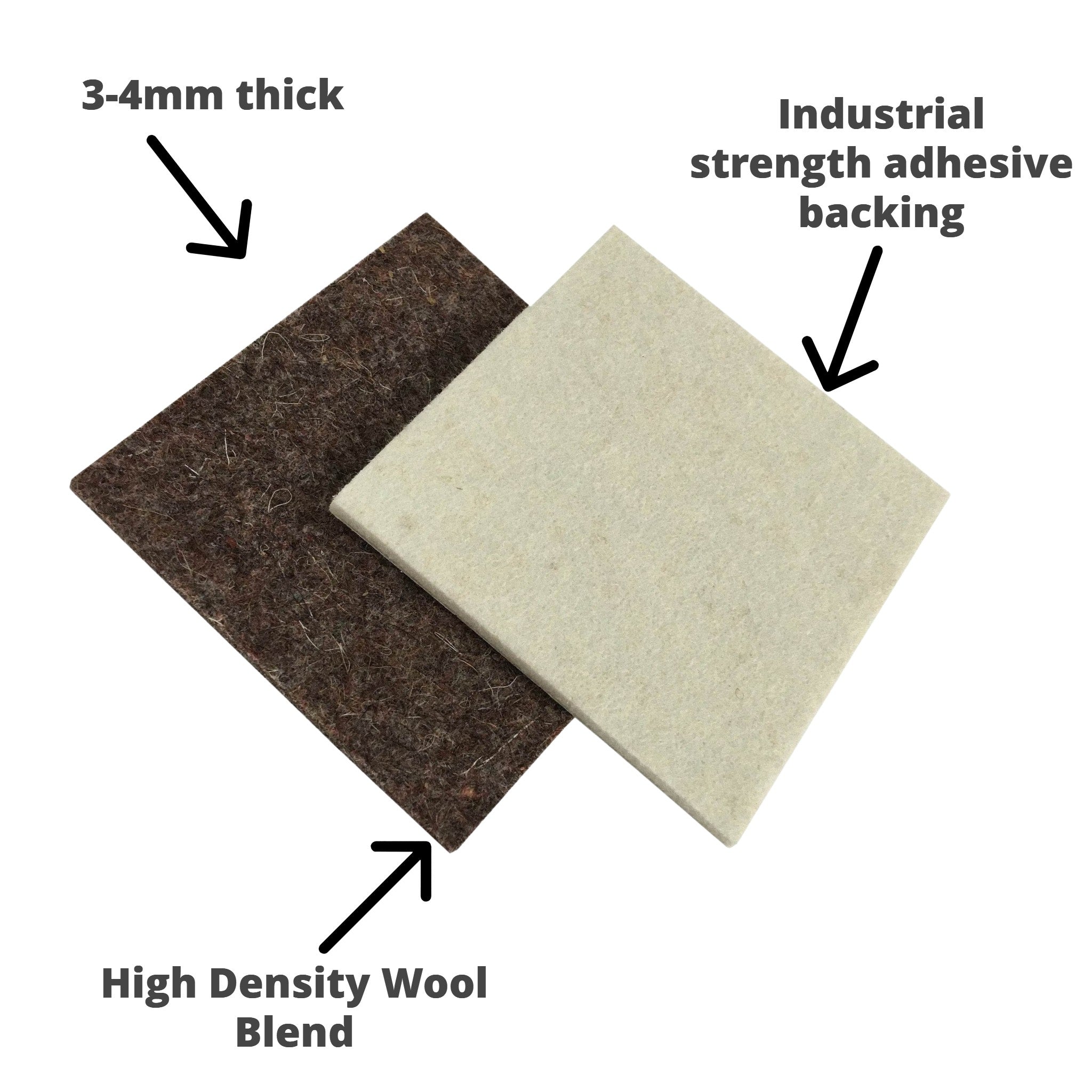
Leave a comment
This site is protected by hCaptcha and the hCaptcha Privacy Policy and Terms of Service apply.